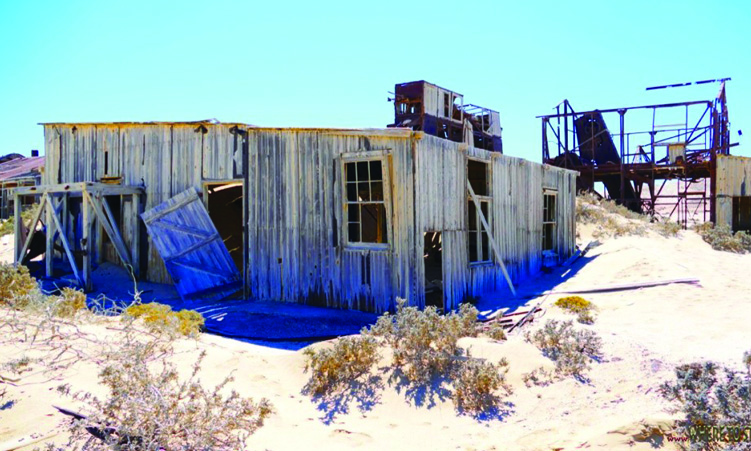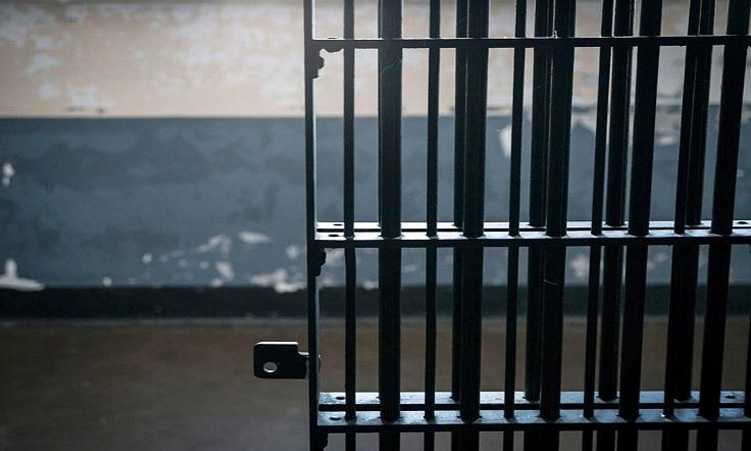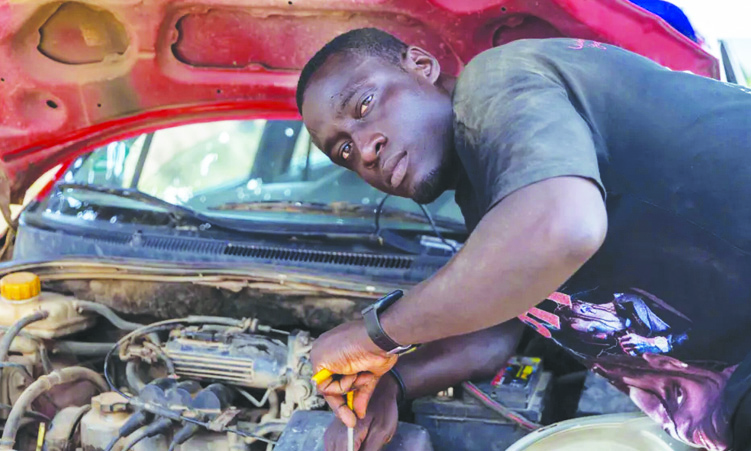PEOPLE living near the Namibia Children’s Home (NCH) in Windhoek’s Eros Park suburb have expressed concern about an apparent lack of control at the childcare facility during the night and particularly over weekends.
Complaints ranged from cars entering and leaving the complex at all hours of the night through a broken and noisy security gate, to girls being dropped off there by taxis in the small hours of the morning and loud parties continuing until well after midnight. Calls to the Ministry of Gender Equality and Child Welfare were fruitless, neighbours said.”It is not the children living there, but adults who are not supposed to be there who are making the noise,” one resident told The Namibian on condition of anonymity.”I don’t know how the children can sleep there, because we [neighbours] can’t,” she added.The NCH is the only residential childcare facility – aside from the Interim Night Shelter of the After-School Centre in Katutura – that is fully funded and run by Government.It has been run under the auspices of the Ministry of Gender Equality and Child Welfare since November 2005, prior to which the Ministry of Health and Social Services ran the home.The facility currently houses 130 children, with a capacity to take in 140.It has 14 houses, each with a fulltime house parent, who is allowed to live in the house with his or her spouse and up to two biological children.Lucia Eises, Registrar for Residential Childcare Facilities in the Ministry’s Directorate of Child Welfare Services, explained to The Namibian that for the past two years there had not been a principal living on the premises.The deputy principal was acting in this capacity, but did not live in the complex, she said.Under normal circumstances, the principal would live at the home and respond to issues arising after hours.In the absence of a principal, the acting principal and the social worker are always on call, Eises said.The Ministry has advertised the principal’s position, with interviews of applicants scheduled to take place next week.It is imperative that the post of a principal at an institution be occupied by a well-qualified and suitable candidate with a good track record, and who has the interest of children at heart, Eises added.Responding to the complaints about noise, acting principal Ndaiponofi Nehova admitted that the facility’s hall used to be rented out for weddings, parties and other functions until the end of last year.However, because these activities were found not to be in the interest of the children and surrounding residents, the Ministry stopped renting out the hall, she said.She added that between now and January next year, the Ministry of Education is making use of the hall for the marking of Grade 10 and 12 examination papers.Nehova said she was aware of the complaints about noise, but it was difficult to control the volume levels in a complex where 130 children are housed.The children are picked up by Government minibuses every morning to be taken to 19 different schools around the city, and this in itself can be a noisy exercise, she said.Asked about safety measures at the home, Eises emphasised that there is 24-hour security at the gate, which usually closes at 17h00, by which time all the children should be home.The spouses of house parents – who do not work at the home as staff – may arrive after the 17h00 closing time, she admitted, but outside visitors are not allowed into the complex after hours, except for visiting hours between 15h00 and 17h00 on weekends.”We have entrance and exit measures in place.How we can make them stricter still needs to be addressed though.The complex is very big, and it is possible that children can jump the fences, and other loopholes need to be fully addressed,” Eises told The Namibian.The neighbours who complained about the noise speculated that the extended families of house parents were living in the complex, entering after the principal had gone home.Both Eises and Nehova said there were periodical spot checks to make sure that only the spouses and up to two children of the house parents lived with them.However, without the presence of a live-in principal, it could be hard to keep track of any irregularities in this regard, they admitted.Eises proposed that the Ministry should have a community meeting with the neighbours to explain to them how things work there.This would also help to create a more caring environment in the area, where neighbours could assist in informing the home of any other problems, she said.Calls to the Ministry of Gender Equality and Child Welfare were fruitless, neighbours said.”It is not the children living there, but adults who are not supposed to be there who are making the noise,” one resident told The Namibian on condition of anonymity.”I don’t know how the children can sleep there, because we [neighbours] can’t,” she added.The NCH is the only residential childcare facility – aside from the Interim Night Shelter of the After-School Centre in Katutura – that is fully funded and run by Government.It has been run under the auspices of the Ministry of Gender Equality and Child Welfare since November 2005, prior to which the Ministry of Health and Social Services ran the home.The facility currently houses 130 children, with a capacity to take in 140.It has 14 houses, each with a fulltime house parent, who is allowed to live in the house with his or her spouse and up to two biological children.Lucia Eises, Registrar for Residential Childcare Facilities in the Ministry’s Directorate of Child Welfare Services, explained to The Namibian that for the past two years there had not been a principal living on the premises.The deputy principal was acting in this capacity, but did not live in the complex, she said.Under normal circumstances, the principal would live at the home and respond to issues arising after hours.In the absence of a principal, the acting principal and the social worker are always on call, Eises said.The Ministry has advertised the principal’s position, with interviews of applicants scheduled to take place next week.It is imperative that the post of a principal at an institution be occupied by a well-qualified and suitable candidate with a good track record, and who has the interest of children at heart, Eises added.Responding to the complaints about noise, acting principal Ndaiponofi Nehova admitted that the facility’s hall used to be rented out for weddings, parties and other functions until the end of last year.However, because these activities were found not to be in the interest of the children and surrounding residents, the Ministry stopped renting out the hall, she said.She added that between now and January next year, the Ministry of Education is making use of the hall for the marking of Grade 10 and 12 examination papers.Nehova said she was aware of the complaints about noise, but it was difficult to control the volume levels in a complex where 130 children are housed.The children are picked up by Government minibuses every morning to be taken to 19 different schools around the city, and this in itself can be a noisy exercise, she said.Asked about safety measures at the home, Eises emphasised that there is 24-hour security at the gate, which usually closes at 17h00, by which time all the children should be home. The spouses of house parents – who do not work at the home as staff – may arrive after the 17h00 closing time, she admitted, but outside visitors are not allowed into the complex after hours, except for visiting hours between 15h00 and 17h00 on weekends.”We have entrance and exit measures in place.How we can make them stricter still needs to be addressed though.The complex is very big, and it is possible that children can jump the fences, and other loopholes need to be fully addressed,” Eises told The Namibian.The neighbours who complained about the noise speculated that the extended families of house parents were living in the complex, entering after the principal had gone home.Both Eises and Nehova said there were periodical spot checks to make sure that only the spouses and up to two children of the
house parents lived with them.However, without the presence of a live-in principal, it could be hard to keep track of any irregularities in this regard, they admitted.Eises proposed that the Ministry should have a community meeting with the neighbours to explain to them how things work there.This would also help to create a more caring environment in the area, where neighbours could assist in informing the home of any other problems, she said.
Stay informed with The Namibian – your source for credible journalism. Get in-depth reporting and opinions for
only N$85 a month. Invest in journalism, invest in democracy –
Subscribe Now!






